Like many South Koreans, Sim had long admired the US as a cultural juggernaut and positive force in the world.
These days, Sim, a 38-year-old engineer living near Seoul, feels no such love towards the country.
As US President Donald Trump threatens to impose a 25 percent tariff on South Korea from August 1, Sim cannot help but feel betrayed.
“If they used to be a country that was known to be a leader in culture, the economy and the perception of being ‘good,’ I feel like the US is now a threat to geopolitical balance,” Sim told Al Jazeera.
South Korea and the US share deep and enduring ties.
South Korea is one of Washington’s closest allies in Asia, hosting about 28,000 US troops as a bulwark against North Korea.
The US is home to a larger South Korean diaspora than any other country.
But with the return of Trump’s “America First” agenda to Washington, DC, those ties are coming under strain.
In a Pew Research Center survey released earlier this month, 61 percent of South Koreans expressed a favourable view of the US, down from 77 percent in 2024.
Like dozens of other US trading partners, South Korea is facing severe economic disruption if it cannot reach a trade deal with the Trump administration by the August deadline.
The Asian country, which is a major producer of electronics, ships and cars, generates more than 40 percent of its gross domestic product (GDP) from exports.
In addition to sending a letter to South Korean President Lee Jae-Myung outlining his tariff threats, Trump earlier this month also claimed that Seoul pays “very little” to support the presence of US Forces Korea (USFK).
Trump’s comments reinforced speculation that he could demand that the South Korean government increase its national defence spending or contributions to the costs of the USFK.
After Trump last week told reporters that South Korea “wants to make a deal right now,” Seoul’s top trade envoy said that an “in-principle” agreement was possible by the deadline.
With the clock ticking on a deal, the uncertainty created by Trump’s trade policies has stirred resentment among many South Koreans.
Kim Hyunju, a customer service agent working in Seoul, said that although her company would not be directly affected by the tariffs, Trump’s trade salvoes did not seem fair.
“It would only be fair if they are OK with us raising our tariffs to the same level as well,” Kim told Al Jazeera, adding that the Trump administration’s actions had caused her to feel animosity towards the US.
“I can’t help but see the US as a powerful nation which fulfils its interests with money and sheer power plays,” Kim said.
“I’ve always thought of the US as a friendly ally that is special to us, especially in terms of national defence. I know it is good for us to maintain this friendly status, but I sort of lost faith when Trump also demanded a larger amount of money for the US military presence in our country.”

Kim Chang-chul, an investment strategist in Seoul, expressed a more sanguine view of Trump’s trade policies, even while acknowledging the harm they could do to South Korean businesses.
“The US tariff policy is a burden for our government and businesses, but the move really shows the depth of US decision-making and strategy,” Kim told Al Jazeera.
“Trump wants South Korea to be more involved in the US’s energy ambitions in Alaska. It’s part of the US pushing for geopolitical realignment and economic rebalancing.”
Earlier this year, the US held talks with South Korean officials about boosting US exports of liquefied natural gas (LNG) to South Korea, a major LNG importer.
Keum Hye-yoon, a researcher at the Korea Institute for International Economic Policy (KIEP), said it has been difficult for a US ally like South Korea to make sense of Trump’s comments and actions.
“When Trump cites ‘fairness’ in his tariff policy, it’s based on unilateral expectations of improving the US trade balance or restoring economic strength to certain industries,” Keum told Al Jazeera.
“As allies like South Korea share supply chains with the US and work closely with its companies, disregarding these structures and imposing high taxes will likely create burdens on US businesses and consumers as well.”
While Trump’s most severe tariffs have yet to come into effect, South Korean manufacturers have already reported some disruption.
South Korea’s exports dropped 2.2 percent in the first 20 days of July compared with a year earlier, according to preliminary data released by Korea Customs Service on Monday.
Kim Sung-hyeok, the head of research at the Korean Confederation of Trade Unions (KCTU) Labour Institute, said exporters in the auto, steel, semiconductor and pharmaceutical sectors had been especially affected.
“As exports in these fields decreased considerably since the tariff announcements, production orders in domestic factories have declined,” Kim told Al Jazeera.
“Some automotive and steel production lines have closed temporarily, while other manufacturing sites have closed altogether. Voluntary resignations and redeployments have become rampant in some of these workplaces.”
Kim said small companies may face the brunt of the tariffs as they are not capable of “moving their manufacturing plants to the US”, or “diversifying their trade avenues outside of the US”.
“And as major companies face a general decline in exports, these small companies will consequently face a shortage in product delivery volume that will cause employment disputes,” he said.

The Korea Development Institute estimated in May that the number of employed South Koreans would increase by just 90,000 this year, in part due to the economic uncertainties, compared with a rise of 160,000 last year.
Even before Trump’s arrival on the political scene, US-South Korea relations had gone through difficult periods in the past.
In 2002, two South Korean middle-school girls were killed when they were struck by a US Army armoured vehicle.
After the American soldiers involved in the incident were found not guilty of negligent homicide by a US military court, the country saw an explosion in anti-US sentiment and nationwide protests.
In 2008, nationwide protests took place after the South Korean government decided to continue importing US beef despite concerns about the risk of Mad Cow Disease.
More recently, President Lee, who was elected in June, has emphasised the importance of maintaining positive relations with China, Washington’s biggest strategic rival and competitor.
The KIEP’s Keum said the US-South Korea relationship has evolved into a partnership where the US has become a “conditional ally”, where “economic interests take precedence over traditional alliance”.
“The US is increasingly demanding South Korea to cooperate in its containment strategy of China among its other socioeconomic policies,” she said.
Keum said that South Korea will need to seek out alternative markets and diversify its exports to mitigate the fallout of Trump’s agenda.
“South Korea also doesn’t need to act alone. The country can seek joint action with countries such as EU members, Japan and Canada to come up with joint responses to the current predicament,” she said.

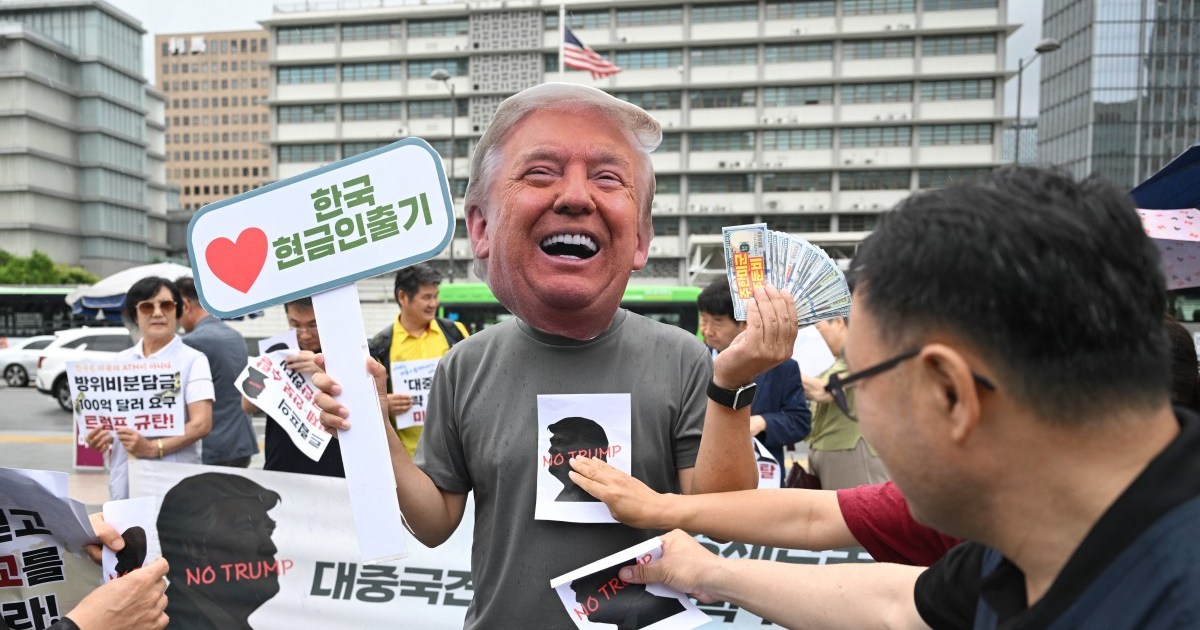
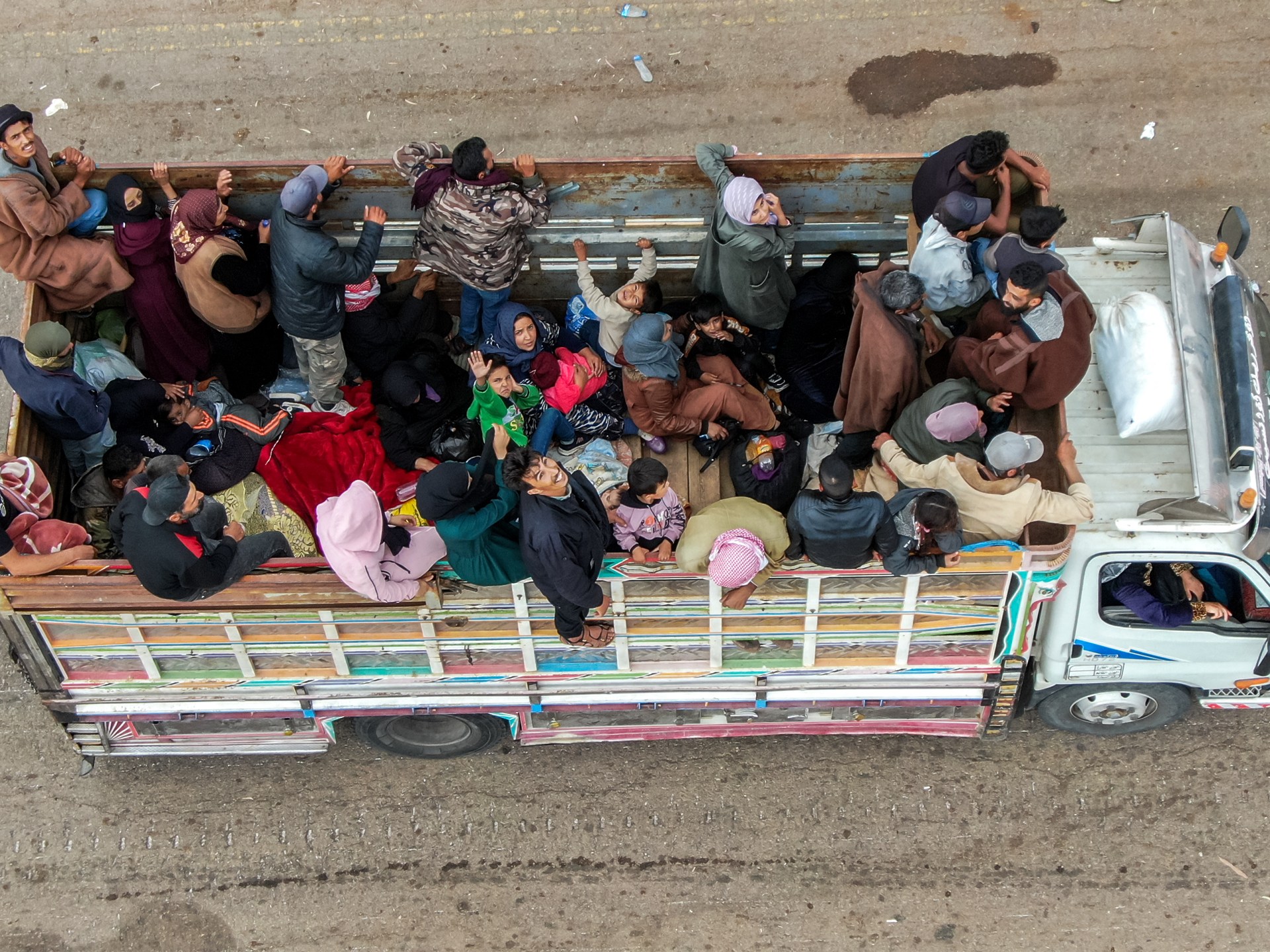


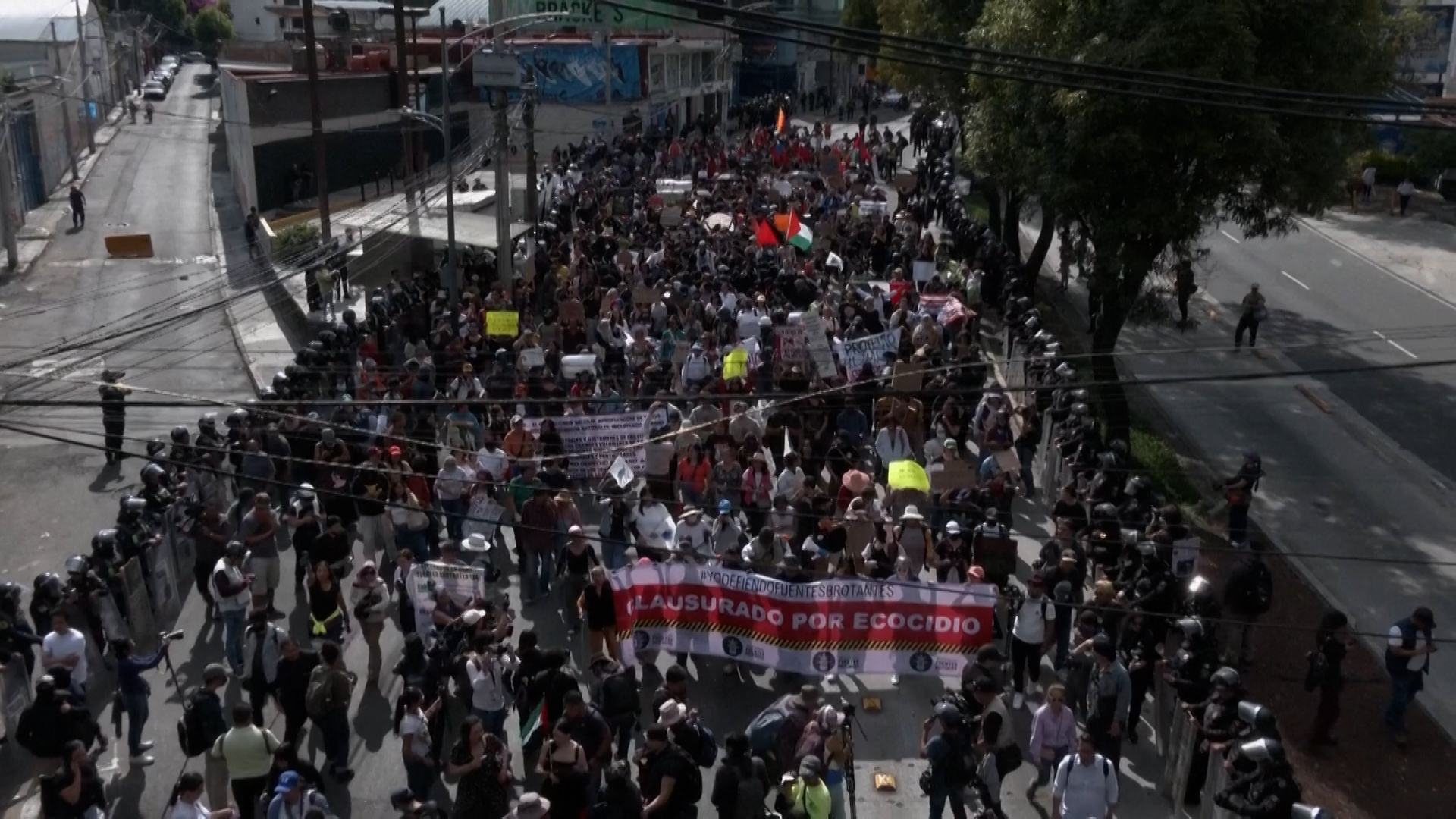

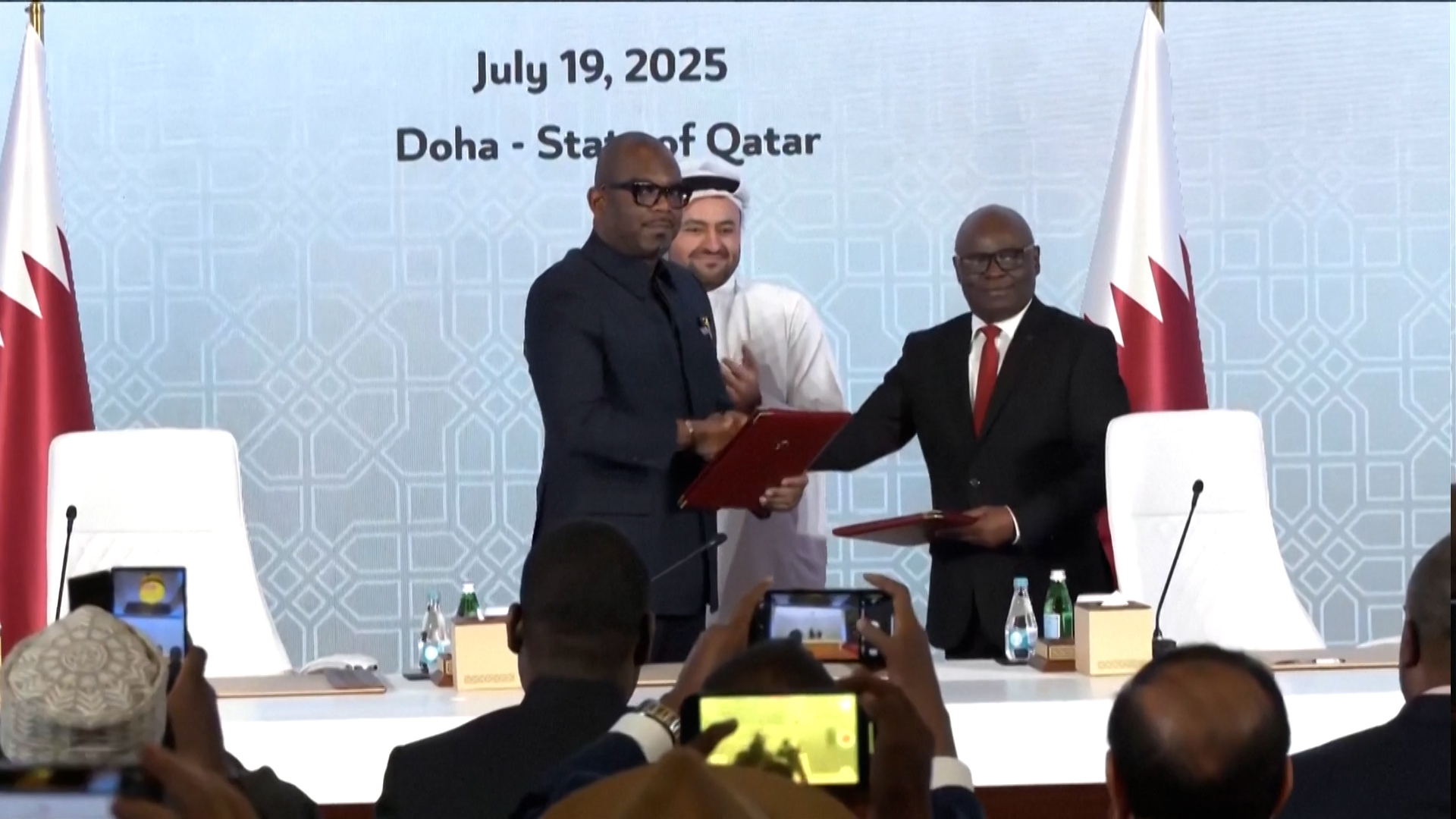



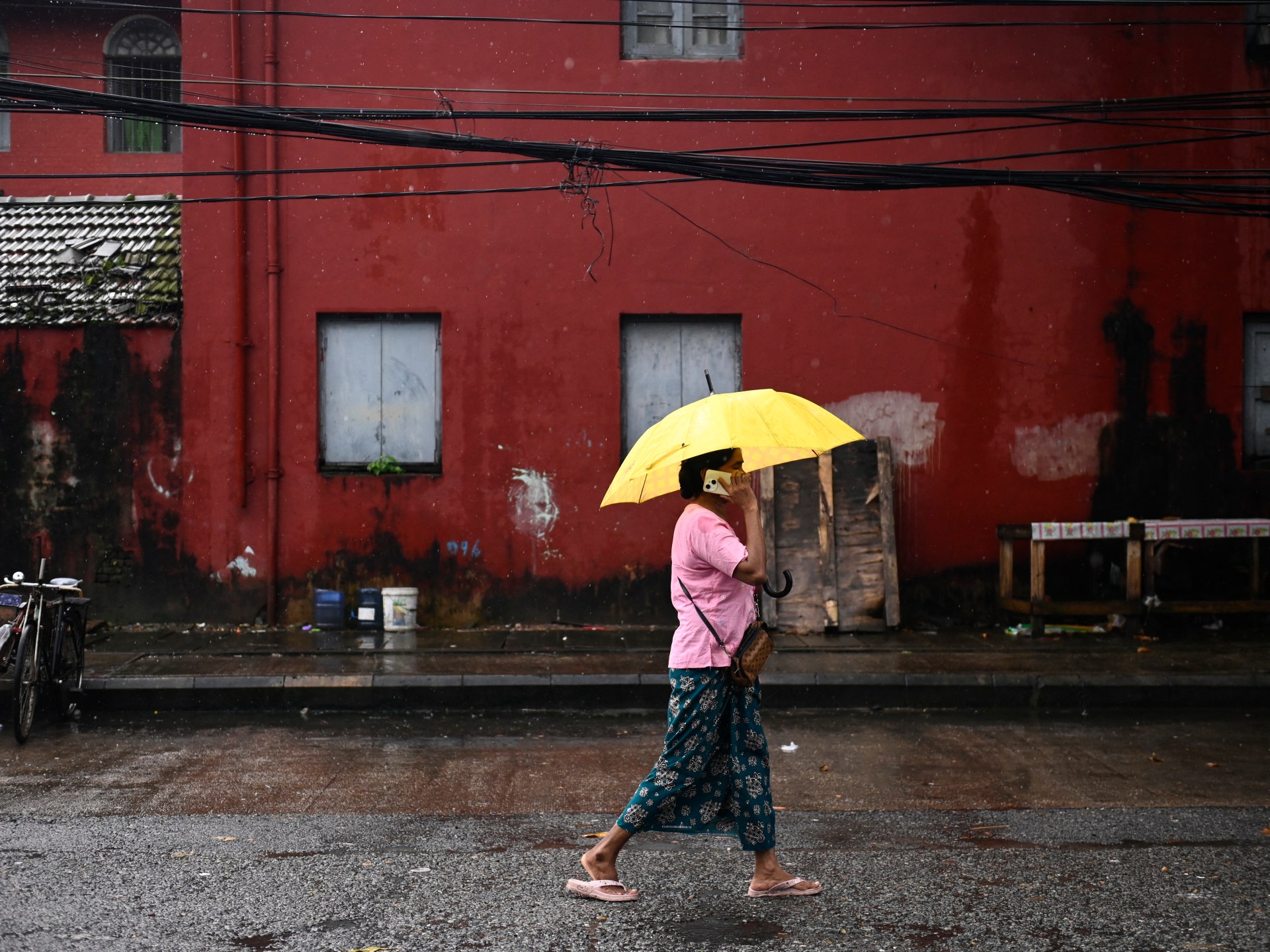



Leave a Reply